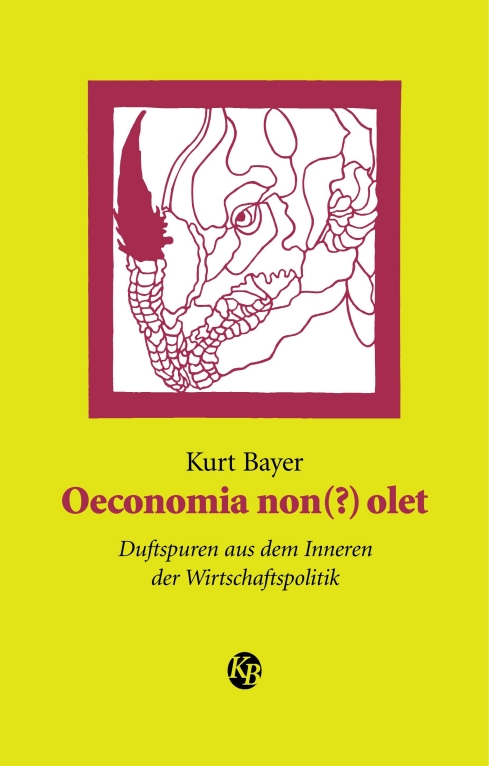Two London theaters are showing at present two plays on the financial/economic crisis: Enron by Lucy Prebble and The Power of Yes by David Hare are big hits, nearly sold out every day. Both aim at explaining the machinations of financial engineers and traders and bankers, which characterize the recent crisis, in theatre language.
Enron is a real play, centering on Jeffrey Skilling as the financial whiz-kid, talking Kenneth Lay (George Bush’s “Kenny-Boy”), who believes “in God, Democracy and the Company” into turning Enron into the biggest virtual energy trader in the world by means of mark-to-market accounting and thereby causing the largest bankruptcy in US history, resulting not only in the demise of the world’s third-largest accounting company (Arthur Andersen), but also in the wiping out of all of Enron’s employees’ pension savings. This occurred just after 9/11 and its impact on the US economy can be compared to the attack on the World Trade towers.
The staging plus music is fantastic, the story of Skilling and Lay slightly hollywoodesque, but the play gives a good explanation how greed, corporate empire-building, egomaniacal arrogance and criminal energy destroyed the life-plans of thousands of US families – and manages to explain to the non-informed theatre goer some of the schemes by which debt was heaped upon debt until the whole cardhouse collapsed – all under the eyes of Arthur Anderson, the regulatory agencies and the benevolent government.
Prebble admirably manages to combine entertainment with education and fun. The acting is good. The play, however, could have ended in a less corny homily: “In the end, money is everything”.
David Hare has set himself a dryer and harder task: he mounts quotes by people as diverse as economists (John Maynard Keynes), philosopher-novelists (Ayn Rand), speculators-turned-self-styled philanthropists (George Soros) and many other “typical” actors in the financial market into a play without a story. While he manages to expound on the Myron Scholes formula on options pricing, on the role of monetary policy, on derivatives, on the causes for the subprime mortgage crisis, on securitization, he uses his coming-and-going actors as mouthpieces for the Clintons, Bushes and Greenspans (among others). For the semi-informed theatre goer this was quite instructive, sometimes even funny, but for the non-informed visitors the only joy were the one-in-a-while expletive four-letter-words which were duly greeted with laughter. A play without a story imposes a hard task on actors, whose only outlet for expressing abstract ideas is swift coming-and-going. It reminded me of erstwhile Wagner opera performances where Wotan stands and sings leaning on his spear for 15 minutes, facing the Walkyrie in similarly immobile stance.
It is again the last sentence of the play which – in my opinion – just should not have been there: George Soros expressing his worries about the (income) distributional effects of the financial crisis: “The beneficiaries of financial market innovations are never the same people as the victims of their failures”. George Soros (net worth 8 bill $, who shot the British Pound out of the European Exchange Rate Mechanism in 1992) as a bleeding heart? How credible is he?






Nice post! I really like your posting.
i will come back to read more of your posts.
specially about London Theatre and the Crisis
Cheers
Dear Mr Bayer,
Reading this headline first, I thought that you will tell us something about the British philosophy regarding imperial (or colonial ?) policy in the case of the Falkland islands and what is behind. However, the article was well done
Best regards from Vienna!
V. Bayer
Well, I certainly have an opinion on Falklands, but this is not my field, thus: theater and economics!
What a pity!